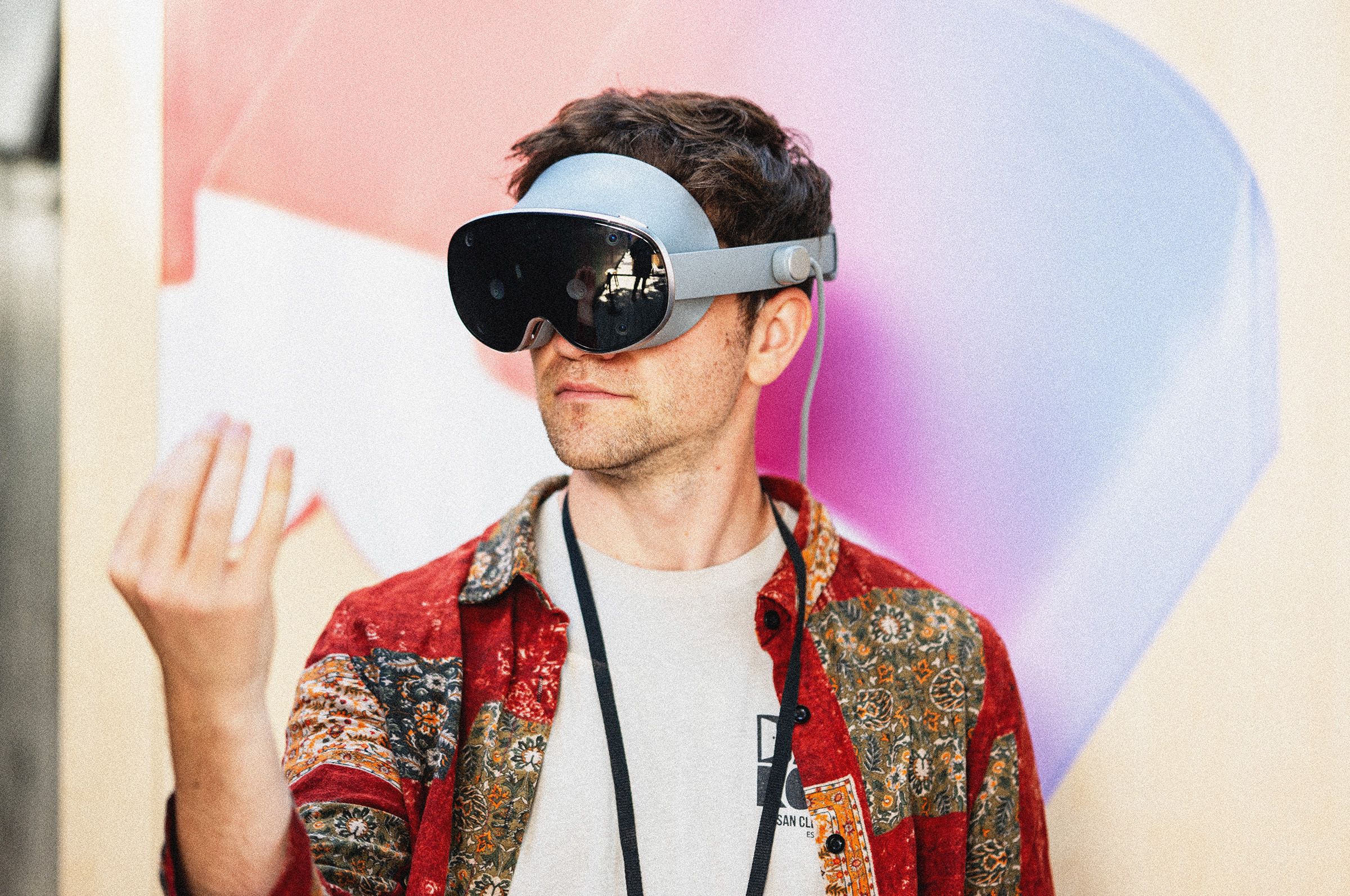Eighty-eight percent of US teens own an iPhone. That’s according to a recent April 2025 survey by investment bank Piper Sandler, which also found that 25 percent of the 6,455 surveyed expect to upgrade to the iPhone 17 this fall (an increase of 22 percent from 2024). Android may be the dominant mobile operating system globally, but it trails Apple’s iOS on the home front, and it’s woefully out of the picture for teens.
Sameer Samat doesn’t seem fazed. He’s the president of the Android ecosystem. “It’s a new era for Android,” Samat tells me in a crowded lounge shortly after the Google I/O keynote wrapped. The upcoming version of Android 16 has a fresh look designed to attract more people to the platform, and was devised from the results of over 46 research studies with more than 18,000 participants. In its own surveys, Google found that its new Material 3 Expressive design language, with its responsive animations and playful typography, scored high across all age groups.
But a design refresh is just one part of Android’s plans. The next frontier is smart glasses, and Google’s clearly hoping to mirror the surprising success of Meta’s Ray-Ban camera-powered glasses (even though Samat will remind you that Google has “never stopped working on” the category since Google Glass debuted in 2013). Its Android XR initiative is a new platform that will run similarly to how Android operates right now: Google manages the software platform (with the help of Samsung), and manufacturers will be able to create devices and apps for it, following several guidelines. At I/O, Google announced that eyewear brands Gentle Monsters and Warby Parker will be making Android XR smart glasses.
“We’ve worked on this a lot,” Samat says. “There are a number of things that have advanced the field. You can fit more amazing hardware into an amazing package. You’re wearing the glasses on your face, so the weight, battery life, and optics all have improved dramatically. Second, the industry is really ready to innovate with us.”
Photograph: Julian Chokkattu
And that brings us to the third focus for Android, which is the connecting line between all the Android ecosystem products—artificial intelligence. Almost the entirety of Google’s keynote was spent on Gemini, the chatbot replacing the nine-year-old Google Assistant in everything from Android Auto and Wear OS, to smartphones and now Android XR. But this is what Samat says makes Android XR unique, as it’s the “first Android platform built for the Gemini era.”
He went on with a cluster of examples, like asking Gemini to summarize the chapter of a book you’re reading based on the images it captured as you turned the pages over, or having it scour your emails in Gmail for the answer to a question, hands-free through the glasses. “It gives you superpowers when you put them on,” Samat says.
Will this AI-first approach help change the minds of Americans and get them on board the Android train? Samat didn’t say, but he did claim his 14-year-old son learned to do the laundry for the first time with Gemini on a Pixel 9 Pro. (Samat insists that his son willingly chose a Pixel as his phone.) Using Gemini’s new live camera mode, where the assistant can see what you’re seeing via the phone’s camera, his son was able to ask what settings to use for the load of laundry in front of him. Gemini identified the washing machine and correctly offered up the right settings and instructions, which meant no pink-colored shirts that were originally white. “You see the future first on Android; it’s all coming to Android, so I really hope people will take another look.”
The new Android XR platform comes at a time when Google is facing incredible scrutiny from regulatory bodies. The US Department of Justice still wants the company to sell off Chrome, and a jury decided the Google Play Store was an illegal monopoly. “Android is one of the most open operating systems that’s ever been created,” Samat says. “There are some interesting myths—that Gemini can be the only AI assistant on Android, when it’s very easy for consumers to choose others like Perplexity or OpenAI.”
But when asked about how Android XR will navigate these core issues—will Gemini be the only assistant on Android XR? Will apps be forced to be deployed to an XR version of the Play Store, where Google collects up to 30 percent of sales? Samat says it’s too “early to talk about how all of that will work.” The first Android XR mixed-reality headset arrives later this year, but he promises the company “won’t deviate from Android’s openness.”
Then there’s the privacy side of strapping cameras and microphones to a person’s face. More than 10 years ago, anyone wearing Google Glass was immediately dubbed a “Glasshole,” but as Meta’s smart glasses have showed, the world has a different level of comfort with smart glasses. Still, it’s not just about taking photos and videos for social media—Meta’s developing new glasses that can recognize people’s faces. Samat promises that Android XR will have a clear set of standards for manufacturers to follow, just like on Android, to build around data sharing, security, and privacy. “I think this is a very important issue, and we’ve learned a lot from the past.”
Photograph: Julian Chokkattu
But Google isn’t keen to lead on the hardware in this space—at the moment at least. It’s Samsung that’s in charge of creating the smart glasses reference design for the XR platform, with Samat dodging our question as to whether the Pixel hardware team might also create its own. “This will be an open ecosystem,” he says.
What he did tease was the changes coming to Chromebooks. Google has rebuilt the underlying Chrome OS stack on Android, which means while Chrome OS will look and feel the same, the new Android layer allows for better interoperability between Android phones and Chromebooks. “Quick Share, pairing with a phone, accessing apps,” will all become easier and Samat says to stay tuned next year for exciting updates.
Maybe that means a Pixel Laptop is in the works, three years after Google stopped making laptops. Whereas Apple has perfected its ecosystem to play well with phones, watches, laptops, and earbuds, Google still doesn’t quite have the versatility with a desktop experience that plays as nicely as Apple. A Pixel laptop could bring it on par.
But it’s the promise of smart glasses that seem to have the brand’s main focus right now—and for good reason. Apple is rumored to be making its own, with an expected launch in 2026 or 2027, and Meta has restructured its Reality Labs division to put more resources behind the wildly successful Meta smart glasses. Google may be one step ahead in creating a platform that anyone can build for, but it still faces stiff competition as companies vie to find their place not just in your pocket, but also on your face.



